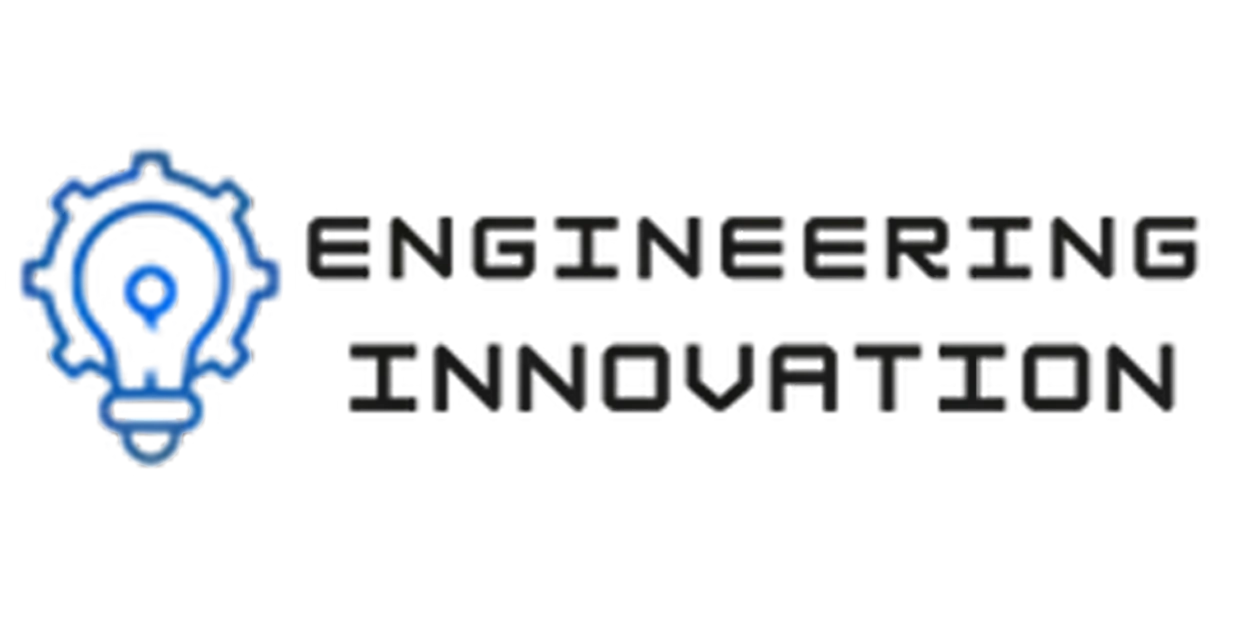Rapid Prototyping Services
Transform your ideas into reality with our comprehensive rapid prototyping services. From concept validation to functional testing, we deliver high-quality prototypes in days, not weeks, using advanced 3D printing, CNC machining, and traditional prototyping methods.

Related Development Services
Prototyping Methods
Rapid prototyping encompasses various manufacturing technologies that enable fast creation of physical models from digital designs. Each method offers unique advantages depending on your requirements for speed, accuracy, material properties, and cost. Our comprehensive prototyping services include additive manufacturing (3D printing), subtractive manufacturing (CNC machining), and hybrid approaches.
Additive manufacturing builds parts layer by layer from digital files, enabling complex geometries that would be impossible with traditional methods. Subtractive manufacturing removes material from solid blocks using precision cutting tools, providing superior surface finish and material properties. Hybrid approaches combine multiple technologies to optimize for specific requirements.
The choice of prototyping method depends on factors like required accuracy, material properties, functional requirements, and timeline. Our engineering team helps you select the optimal approach based on your specific application, ensuring you get the best balance of speed, quality, and cost.
3D Printing vs Traditional Prototyping
3D Printing Advantages
- Complex Geometries: Create intricate designs without tooling constraints
- Speed: Produce parts in hours instead of days or weeks
- Cost Efficiency: No tooling costs for low-volume production
- Design Flexibility: Easy to iterate and modify designs
- Material Variety: Wide range of plastics, metals, and composites
Traditional Prototyping Benefits
- Material Properties: Production-grade materials and properties
- Surface Finish: Superior surface quality and precision
- Functional Testing: Parts identical to final production
- Large Parts: No size limitations like some 3D printers
- Proven Technology: Established processes with predictable results
Material Options
3D Printing Materials
CNC Prototyping Materials
Specialty Materials
Turnaround Times
Our rapid prototyping services are designed for speed without sacrificing quality. Standard 3D printing projects can be delivered within 24-48 hours, while complex CNC prototypes typically require 3-5 business days. We offer expedited services for urgent projects, with same-day delivery available for simple 3D printed parts.
Turnaround times depend on factors like part complexity, material selection, finishing requirements, and current workload. Our project management team provides accurate delivery estimates and keeps you updated throughout the production process. We maintain multiple production facilities and equipment redundancy to ensure consistent delivery performance even during peak demand periods.
Cost Benefits of Rapid Prototyping
Direct Cost Savings
- No Tooling Costs: Eliminate expensive mold and die costs for prototypes
- Reduced Material Waste: Additive processes use only necessary material
- Lower Labor Costs: Automated processes reduce manual labor requirements
- Batch Optimization: Produce multiple design variations simultaneously
Indirect Cost Benefits
- Faster Time to Market: Reduce development cycles by 50-75%
- Reduced Design Errors: Identify and fix issues early in development
- Improved Stakeholder Buy-in: Physical prototypes aid decision making
- Enhanced User Testing: Gather feedback with functional prototypes
Industry Applications
Medical Devices
Surgical instruments, implants, anatomical models for surgical planning
Automotive
Interior components, functional parts, aerodynamic testing models
Consumer Products
Electronics enclosures, wearable devices, product housings
Aerospace
Lightweight components, functional testing, wind tunnel models
Start Prototyping Today
Transform your ideas into physical prototypes in 24-48 hours
